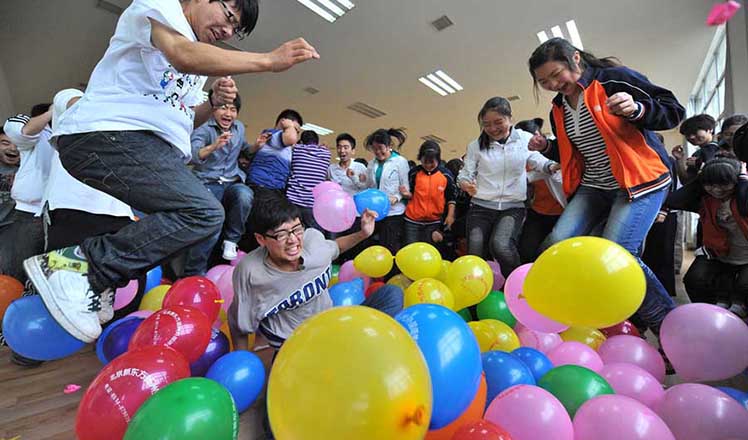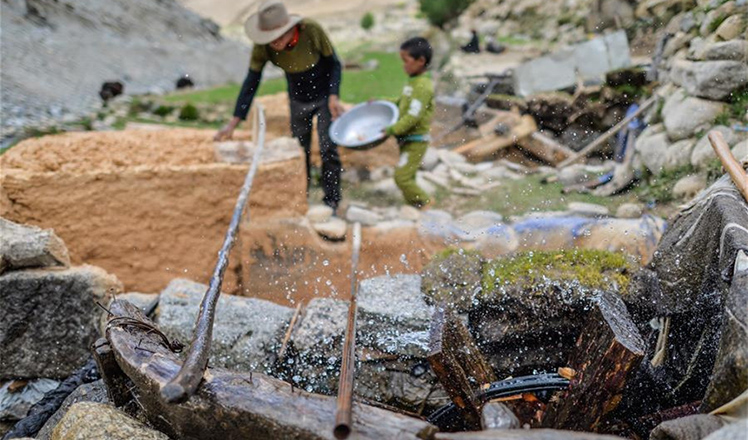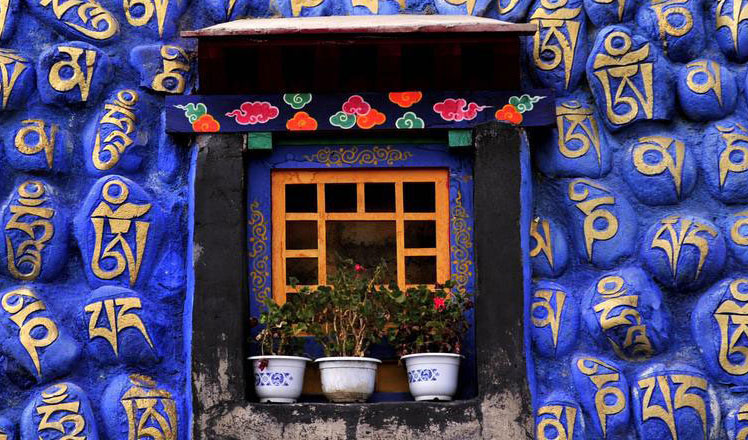Understanding why the CPC endures
Updated: 2016-06-04 07:33
By Robert Lawrence Kuhn(China Daily)
|
||||||||
The Communist Party of China, the CPC, still mystifies foreigners. As the 95th anniversary of its founding on July 1, 1921 approaches, it's worth wondering why the lingering mystery. Two unambiguous facts confound the critics - the CPC has led China in its historic, sustained development, and the CPC continues to be, after 67 years, China's uncontested ruling party. The two facts are not unrelated.
In general, foreigners do not understand the CPC; worse, they feel no need to do so. This is a mistake, because in order to understand China today, one must understand the CPC.
Here are the kinds of questions that foreigners should ask. What are the CPC's philosophies and how do its policies reflect its philosophies? How is the CPC organized and how does its governance mechanism depend on its organizational structure? Why has China opted for what it calls multi-party cooperation under CPC leadership? Would China be more stable with a multi-party competitive system? What's the relationship between "Socialism with Chinese characteristics" and both the market playing a decisive role in the economy and the non-public ownership of enterprises? Can a system with a single ruling party increase transparency, standardize decision-making, and establish credible checks and balances? What's the relationship between the ruling party and the rule of law? What challenges does the CPC face? What can be learned from the CPC's history - we know about its triumphs, what about its tragedies? Why has the CPC now increased its crackdown on corruption, extravagance, and abuses of power? Why must the CPC now be rejuvenated? Finally, how does the CPC as the ruling party claim legitimacy?
The CPC is reaching out to provide answers. I'm pleased to participate. My show Closer To China on CCTV News featured five episodes on "Understanding the CPC" that were broadcast in mid-2015 and five that are being broadcast in June/July (all online or to be online). Produced in cooperation with the CPC Central Committee's Organization Department, the series portrays the CPC's adaptation (keeping up with the times), philosophy (ideals and visions), governance (process of political leadership), personnel management (selection and training), and future challenges (facing problems).
From my experiences - including a recent, 12-day, in-depth study of environmental protection in East China's Zhejiang province and healthcare reform in Northwest China's Qinghai province, especially in mountainous areas - I explain why the CPC asserts that its leadership is optimum for China's development. Key reasons include: the CPC's adaptability to changing conditions, using experimentation and testing new policies in limited areas before rolling them out nationwide; the CPC's five-level structure - central, provincial, municipal, township and village - and how the CPC guides the government through the legislative National People's Congress and administrative State Council.
In making China's system work, the quality of CPC officials is especially important. The CPC allocates substantial resources to selecting, training, monitoring, assessing and promoting officials, and, when necessary, punishing, demoting or firing them. For well over a millennium, Chinese dynasties recruited the country's best and brightest into public service, a sophisticated and systematic process that the CPC has adopted and tailored for contemporary times. The process is rigorous and quantitative, with increasing focus on transparency, equity, breadth, and reducing all manners of favoritism. Training is intense and throughout one's career.
Rules of work style and personal behavior are now firmer. An eight-point regulation attacks extravagance and "empty talk" and reduces bureaucratic trips and meetings. A training campaign stresses strictness in morals, power and self-discipline, and honesty in decisions, business and behavior.
Looking ahead, no one doubts that the CPC is facing multifarious challenges. Economic reform and transformation are both vital and thorny. Social development, such as pollution control and healthcare, must meet escalating expectations. Moreover, public pressures are mounting for increasing transparency, strengthening checks-and-balances, and constructing institutions that are self-correcting.
To deal with these intricate, entangled and sometimes contradictory objectives, the CPC is seeking to involve citizens in the process of governance and the oversight of government, such as through social media and public polling. Party leader Xi Jinping states that the CPC must be governed by standardized rules and equitable procedures.
But to be the single ruling party, the CPC has a higher obligation to enhance standards of living and personal well-being, which includes comprehensive reform, real rule of law, transparency in government, public participation in governance, increasing democracy, increasing freedoms and human rights.
The CPC, as the single ruling party, must assess and adjust ceaselessly. That is its strength. Conditions change and so must policies. Only by such real-world grounding - monitored and modified continuously - can the CPC construct, in the mid-term, a moderately prosperous society, and, in the longer term, a fully modernized country.
The author is a public intellectual, political/economics commentator, and international corporate strategist.
(China Daily 06/04/2016 page5)
- Suspected IS terrorists arrested in Germany
- Japanese boy abandoned by parents in Hokkaido forest found alive
- China to build Africa's biggest university library
- 'Kill list' found in UCLA campus shooter's residence: Police
- Swiss declare Alps tamed as Gotthard rail tunnel opens
- China urges Japan to properly settle Chinese forced laborers issue

 Students use creative ways to relieve gaokao stress
Students use creative ways to relieve gaokao stress
 Frederik the Great: Is it a horse or a stunning statue?
Frederik the Great: Is it a horse or a stunning statue?
 How mahjong can improve your chances with English
How mahjong can improve your chances with English
 Shanghai's 3D printing expo attracts over 100 companies
Shanghai's 3D printing expo attracts over 100 companies
 Traditional incense production in Nyemo county, China's Tibet
Traditional incense production in Nyemo county, China's Tibet
 Performers wanted for Shanghai Disney park
Performers wanted for Shanghai Disney park
 New law protects ancient villages in Southwest China's Lhasa
New law protects ancient villages in Southwest China's Lhasa
 Kids with HIV in Shanxi's Red Ribbon School
Kids with HIV in Shanxi's Red Ribbon School
Most Viewed
Editor's Picks

|

|

|

|

|

|
Today's Top News
Chinese State Councilor Yang Jiechi to meet Kerry
Chinese stocks surge on back of MSCI rumors
Liang avoids jail in shooting death
China's finance minister addresses ratings downgrade
Duke alumni visit Chinese Embassy
Marriott unlikely to top Anbang offer for Starwood: Observers
Chinese biopharma debuts on Nasdaq
What ends Jeb Bush's White House hopes
US Weekly

|

|







